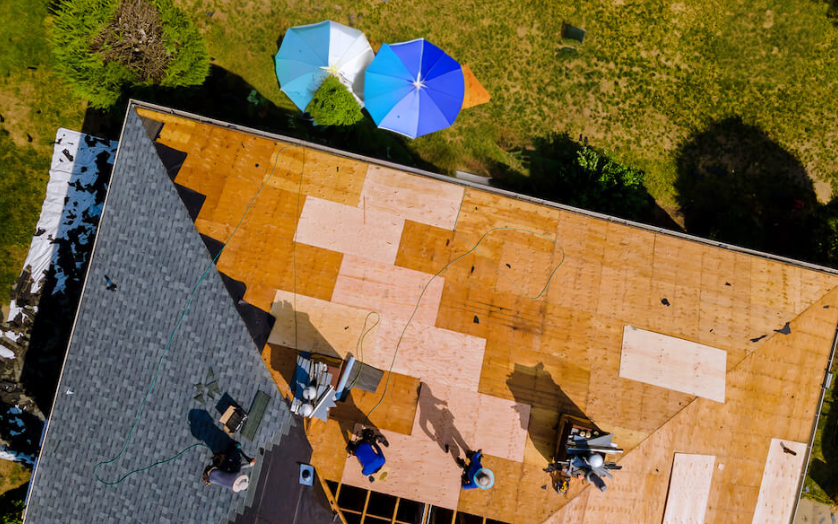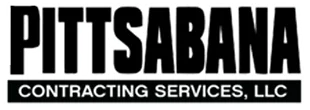If you’re a homeowner in Pittsburgh, Pennsylvania, and you’ve been considering getting a new residential roof, you might be pleasantly surprised to learn about the potential tax benefits associated with this investment. A new roof not only enhances the aesthetics and protection of your home but can also bring some financial relief through tax deductions and credits. In this comprehensive guide, we’ll delve into the world of roofing tax benefits and shed light on important topics such as the Residential Energy Tax Credit and the eligibility criteria for claiming these benefits.
Understanding Roofing Tax Deductions and Credits
Is Roofing Tax Deductible?
The question that often arises among homeowners is whether the cost of a new roof can be tax-deductible. Generally, the IRS treats the expenses related to home improvement projects as non-deductible personal expenses. However, there are instances where you can potentially deduct a portion of your roofing costs. If the roof replacement is necessitated by an event like a storm, hail, or a fallen tree, the repair costs might be considered deductible as they fall under casualty losses. It’s crucial to keep detailed records of the event and the repair expenses, as well as consult a tax professional to understand the specifics of your situation.
What is the Residential Energy Tax Credit?
One of the most significant tax incentives for homeowners investing in energy-efficient upgrades is the Residential Energy Tax Credit. This credit is designed to promote eco-friendly choices and energy conservation. While a new roof itself might not directly qualify for this credit, certain roofing materials and installations that contribute to energy efficiency can make you eligible for substantial savings.
Eligibility for Energy Efficient Roof Tax Credit
Understanding Energy-Efficient Roofing
Energy-efficient roofing materials are engineered to minimize heat absorption and maximize thermal insulation. These materials can help regulate indoor temperatures, reducing the need for excessive heating or cooling, which in turn leads to energy savings. Options such as metal roofs, cool roofs, and certain types of asphalt shingles are known for their energy-efficient properties.
Does a New Roof Qualify for Energy Tax Credit in 2023?
As of 2023, the Residential Energy Tax Credit primarily focuses on renewable energy systems such as solar panels, wind turbines, and geothermal heat pumps. Unfortunately, a standalone new roof installation might not directly qualify for this credit. However, if you choose energy-efficient roofing materials that meet specific criteria set by the IRS, you might indirectly benefit from the energy savings over time.
Metal Roof Tax Credit
Metal roofing is gaining popularity not only for its durability but also for its energy-efficient characteristics. While the IRS doesn’t provide a specific tax credit for installing a metal roof, the long-term energy savings and durability can contribute to reduced utility bills and potential property value appreciation.
Navigating Roofing Tax Benefits
While a direct tax credit for a new residential roof might not be available, it’s important to explore other potential avenues for tax benefits and savings. Here are some pointers to consider:
– Consult a Tax Professional: Tax laws and regulations can be complex and subject to change. Seeking advice from a tax professional who understands local and federal tax codes can help you navigate the nuances and make informed decisions.
– Combine with Other Energy Upgrades: If you’re planning a roof replacement alongside other energy-efficient upgrades, such as insulation or HVAC improvements, you might be able to qualify for tax incentives related to those upgrades.
– Keep Detailed Records: Maintain thorough records of all roofing expenses, including invoices, receipts, and any documentation related to energy-efficient materials used. These records can be invaluable when claiming deductions or credits.
– Local Incentives: In addition to federal incentives, research any local or state-level programs that offer rebates, credits, or incentives for energy-efficient home improvements. These programs can supplement your potential savings.
Conclusion
While a direct tax credit for a new residential roof might not be available in most cases, the potential for tax benefits exists when you invest in energy-efficient roofing materials and other related upgrades. The key is to focus on the long-term savings, reduced energy consumption, and potential property value increase that an energy-efficient roof can bring. Before making any decisions, it’s recommended to consult with tax professionals and explore all available incentives to make the most of your roofing investment in Pittsburgh, Pennsylvania.



